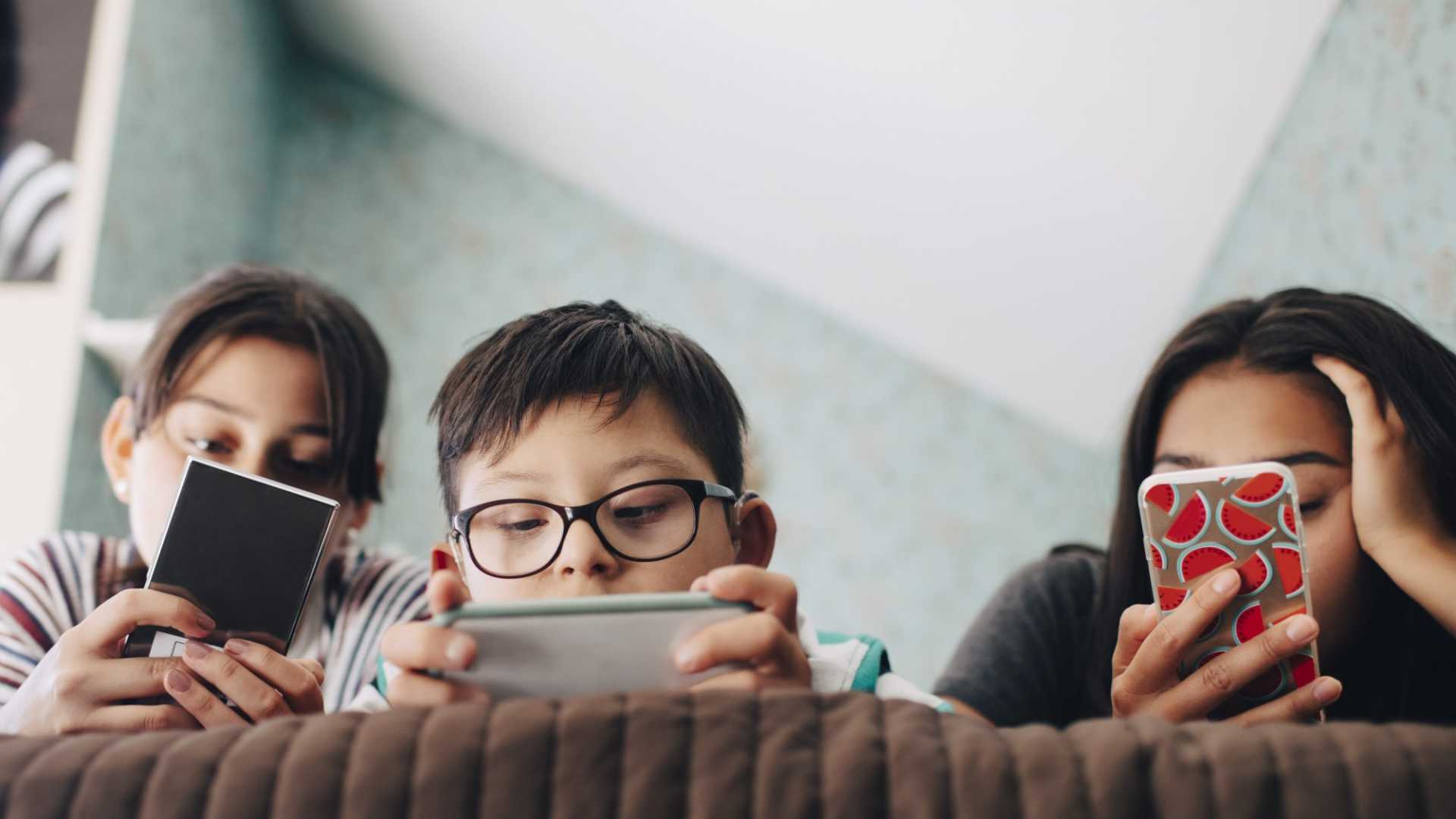Screen time can have a range of effects on individuals, and these effects can vary depending on the duration and quality of screen use, as well as the type of content consumed. Here are some key points to consider:
Physical Health Effects:
- Eye Strain: Prolonged screen time can lead to digital eye strain, symptoms of which include dry eyes, blurred vision, and headaches.
- Sleep Disruption: Excessive screen time, especially before bed, can interfere with sleep patterns due to the blue light emitted by screens, which can suppress melatonin production.
- Physical Discomfort: Long periods of sitting and poor posture while using screens can contribute to back, neck, and shoulder pain.
Mental and Emotional Health Effects:
- Stress and Anxiety: Constant notifications and the pressure to stay connected can increase stress and anxiety levels.
- Depression: There is some evidence linking heavy social media use with feelings of depression, particularly among adolescents and young adults.
- Attention and Focus: High screen time, especially with multitasking or frequent interruptions, can impact attention span and the ability to focus.
Cognitive and Behavioural Effects:
Behavioural effect:For children and adolescents, excessive screen time can potentially impact cognitive development and academic performance, though the quality of content is also crucial.High screen time, particularly with violent or inappropriate content, might be linked to behavioural issues in some cases.
Social Effects:While screens can facilitate communication, they can also lead to reduced face-to-face interactions and a diminished quality of personal relationships if not managed well.Social media can sometimes lead to unhealthy social comparisons and impact self-esteem.
Balancing Screen Time:
- Set Limits: Implementing screen time limits and breaks can help mitigate some of the negative effects.
- Quality Over Quantity: Focusing on high-quality content and purposeful use can be more beneficial than mindless consumption.
- Healthy Habits: Incorporating screen-free activities and promoting physical activity can balance the effects of screen time.
It’s important to consider individual needs and contexts when evaluating the effects of screen time. If you or someone you know is experiencing negative effects, adjusting screen habits and seeking professional advice may be beneficial.
In summary, a mindful approach to screen time can enhance well-being and ensure that technology serves as a positive component of daily life rather than a detriment.
Balancing screen time with other activities and setting thoughtful limits is essential for both physical health and personal development.



